The Beginner's Guide to Website Development
- technologiesdazonn
- Jan 20, 2025
- 4 min read
Updated: Jan 21, 2025
In today's digital age, having an online presence is no longer optional; it is essential for individuals, businesses, and organizations. Whether you're launching a personal blog, starting a small business, or expanding your brand's reach, understanding website development is crucial. This beginner's guide will walk you through the fundamentals, helping you grasp the essential steps and concepts of building a website.
What Is Website Development?

The process of designing, developing, and managing websites is referred to as website development. It encompasses everything from web design to coding, content creation, and ensuring your site functions smoothly across devices. It involves two primary aspects:
Front-end Development: This focuses on the visible part of the website that users interact with, such as layouts, navigation, and visuals.
Back-end Development: This manages the server, database, and applications that enable the website to function.
Why Is Website Development Important?
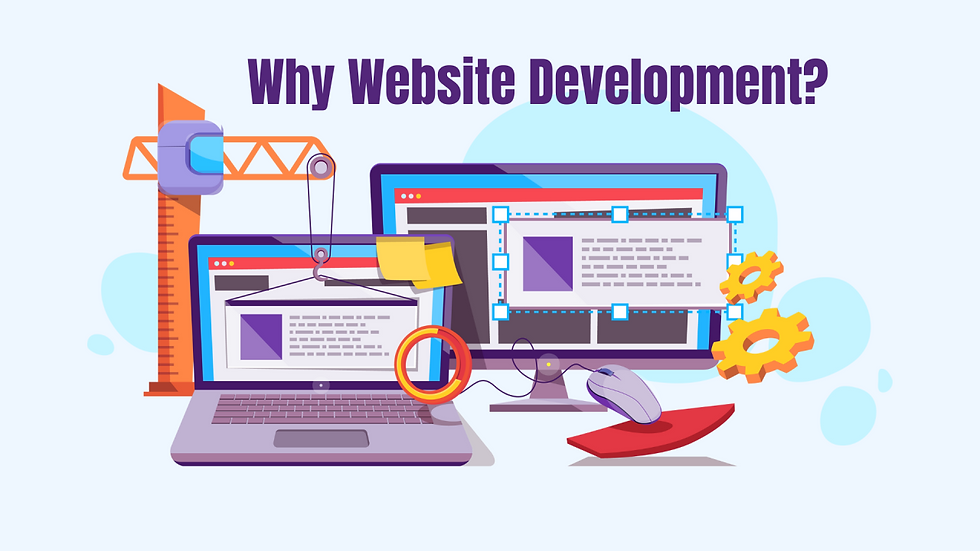
With the growing demand for digital solutions, businesses need an online presence to stay competitive. A well-designed website enhances credibility, engages visitors, and converts them into loyal customers. For businesses, utilizing professional website development services ensures a seamless and impactful online presence that meets modern standards.
Steps to Develop a Website
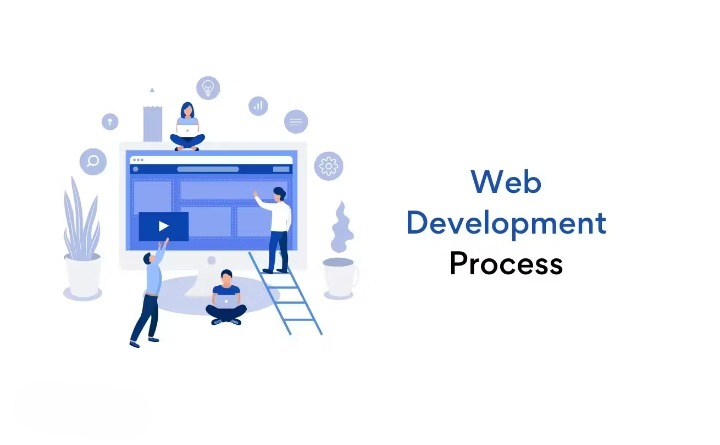
Creating a website might seem daunting, but breaking the process into manageable steps simplifies the journey:
1. Define Your Purpose and Goals
Before diving into development, determine the purpose of your website. Is it an e-commerce store, a blog, or a portfolio? Clarify your target audience and set specific goals, such as increasing traffic, generating leads, or improving brand visibility.
2. Choose the Right Platform
Selecting the right platform is a critical decision. For beginners, platforms like WordPress, Wix, and Shopify offer user-friendly interfaces. Developers working with a web development agency often use custom-coded solutions for advanced functionality and scalability.
3. Domain and Hosting
Your domain name is your online address (e.g., www.dazonn.com), and hosting provides the server space for your site. Choose a memorable domain name that reflects your brand and opt for reliable hosting services to ensure your website runs smoothly.
4. Design Your Website
Website design is about creating an appealing and functional layout. Web design services focus on:
User Experience (UX): ensuring user-friendly navigation and operation.
Responsive Design: Making your site mobile-friendly.
Use the right color schemes, fonts, and imagery to align with your brand.
5. Develop the Website
This step involves translating your design into a working website. It includes:
Front-end Development: Using HTML, CSS, and JavaScript to structure and style your website.
Back-end Development: Setting up databases, servers, and applications for functionality.
CMS Integration: Adding a Content Management System (CMS) like WordPress for easy content updates.
6. Content Creation
Content is king. Engaging text, high-quality images, and videos are vital for connecting with your audience. Ensure your content is optimized for SEO by incorporating keywords naturally.
7. Test Your Website
Test your website carefully before launching to find and address any problems. Check for:
Broken links
Page loading speed
Mobile responsiveness
Cross-browser compatibility
8. Launch and Maintain
It's time to launch after testing is finished. Regular maintenance is essential to keep your website secure and up-to-date.
Types of Websites
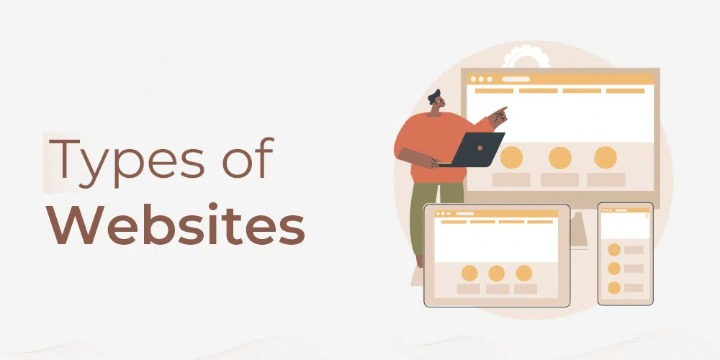
Depending on your goals, there are several types of websites you can develop:
Business Websites: Designed to showcase your products or services and generate leads.
E-commerce Websites: Online stores for selling products or services.
Portfolio Websites: Ideal for artists, photographers, and freelancers to showcase their work.
Blogs: Platforms for sharing ideas, stories, and expertise.
Educational Websites: Offering courses, tutorials, and learning resources.
Tools and Technologies Used in Website Development
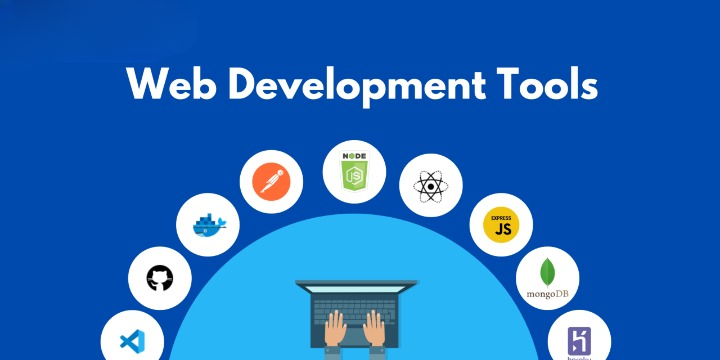
Modern website development services rely on various tools and technologies, including:
Programming Languages: HTML, CSS, JavaScript, Python, PHP, etc.
Frameworks: React, Angular, Laravel, and Django for efficient development.
Content Management Systems: WordPress, Joomla, and Drupal for easy content updates.
SEO Tools: Google Analytics, SEMrush, and Yoast SEO to optimize performance.
The Role of a Web Development Agency

If you lack the time or expertise to develop a website, hiring a web development agency can be a game-changer. Agencies provide comprehensive services, including:
Custom Design: Tailored solutions that align with your brand.
Responsive Development: Ensuring your site works seamlessly across devices.
SEO Optimization: Integrating strategies to boost your search engine rankings.
Maintenance: Providing updates and addressing technical issues.
Common Challenges in Website Development
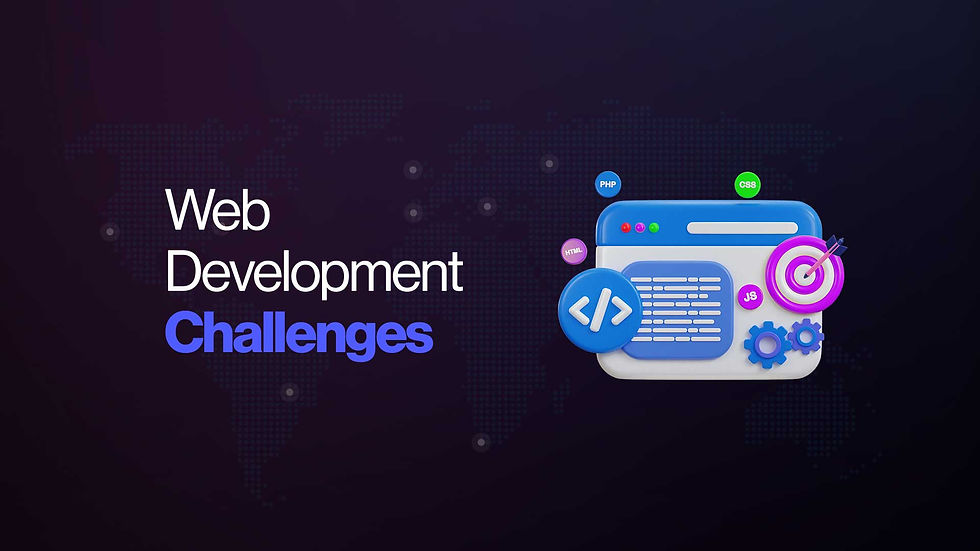
Website development is not without challenges. Some common issues include:
Budget Constraints: Balancing cost with desired features.
Technical Skills: Learning programming languages and tools can be overwhelming for beginners.
Security Concerns: Protecting your site from cyber threats requires continuous effort.
Keeping Up with Trends: Staying updated with evolving technologies and user preferences.
Tips for Beginners
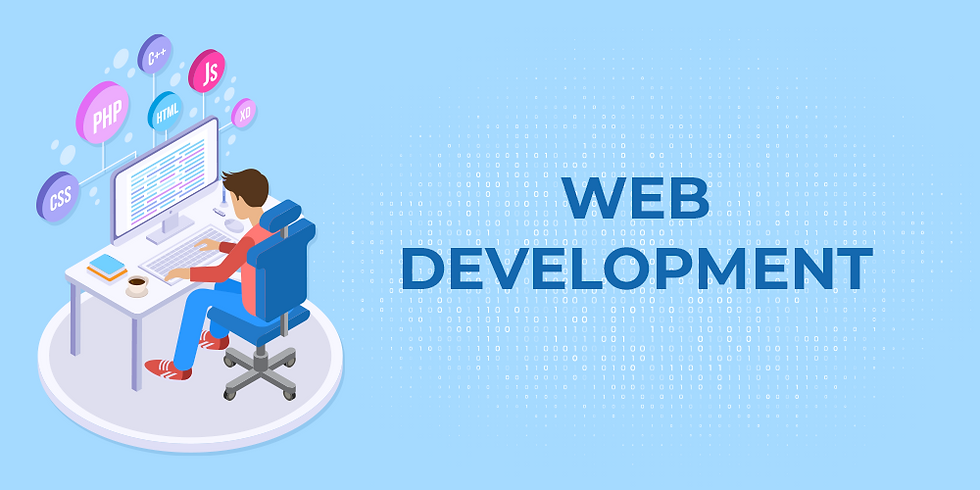
Start Small: Begin with a simple project to build confidence and skills.
Leverage Tutorials: Online resources and tutorials can provide step-by-step guidance.
Practice Consistently: The more you practice, the better you'll become.
Seek Feedback: Share your work with others to gain constructive insights.
Stay Curious: Keep learning about new tools, technologies, and best practices.
Conclusion
Website development is a powerful skill that opens doors to endless opportunities in the digital world. Whether you choose to build your site independently or partner with a web development agency, understanding the process ensures better decision-making and results. From utilizing website development services to investing in professional web design services, the journey to creating a successful website begins with a clear vision and determination.






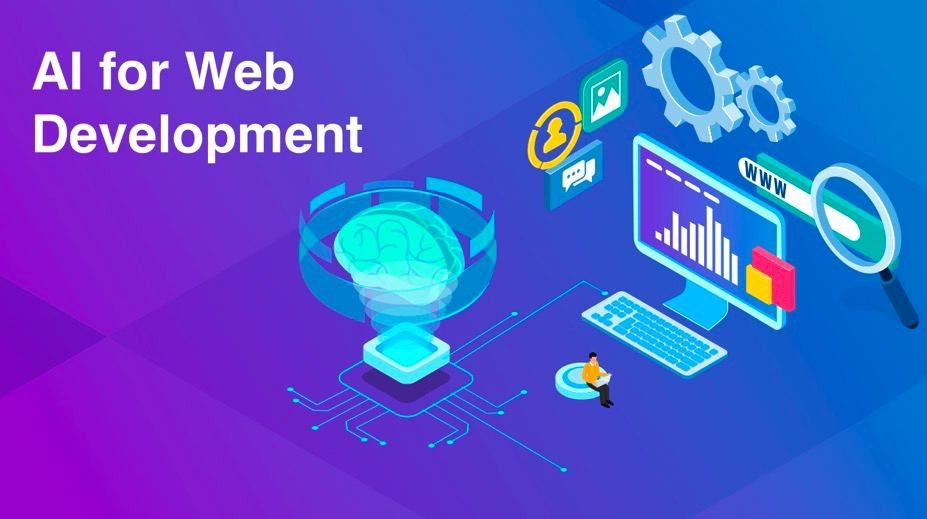

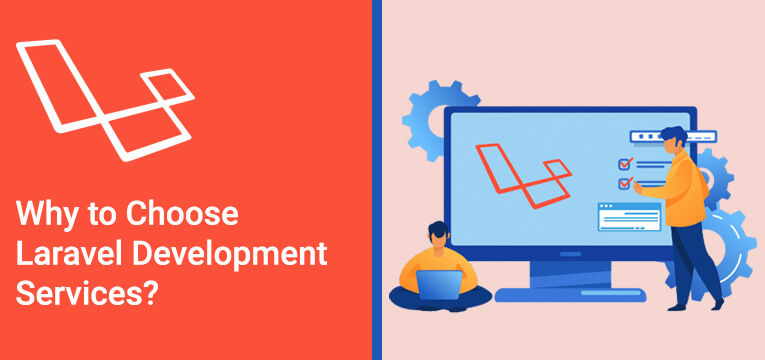
Comments